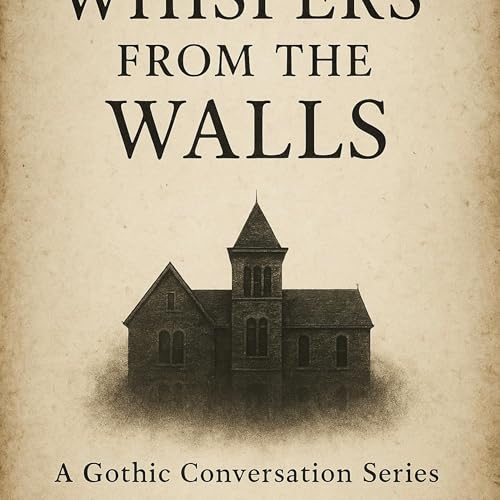Before Eddie Van Halen became a guitar god… before Alex Van Halen became the thunder behind some of the greatest rock anthems ever recorded… before the stadiums, the solos, the tapping, the chaos, and the birth of a new sound — there was a quiet woman playing piano in a tiny Pasadena living room.
Her name was Eugenia Van Halen, and without her, rock history would be missing one of its brightest flames.
Most fans know the brothers — Eddie and Alex.
But very few know the woman who shaped them long before anyone handed them a stage.
Eugenia was born in the Dutch East Indies — what we now call Indonesia — into a world split by culture, colonization, and rising conflict. She grew up mixed-race, caught between Dutch heritage and Indonesian identity, in a time when the world drew harsh lines about who belonged and who didn’t. But she carried something that transcended every border and every barrier:
Music.
She was a classically trained pianist with sharp discipline and an instinctive emotional intelligence — gifts she would pass directly to her sons.
When the Second World War erupted and Japanese forces occupied Indonesia, Eugenia lived through fear, hunger, and political upheaval that could have erased her completely. But she survived — and when the war ended, the danger didn’t. The political environment shifted again, and Eugenia and her Dutch husband, Jan, made the life-altering decision to flee for safety.
With two young boys in tow, they boarded a ship to America in nineteen fifty-three, arriving with only fifty dollars to their name.
They settled in Pasadena, California — a place that was supposed to represent hope, but instead greeted Eugenia with racial discrimination, poverty, and the brutal reality of starting over in a country that didn’t make room for families like hers. While Jan took whatever small music gigs he could find, Eugenia cleaned houses, stretched pennies, and held the family together with sheer resilience.
But despite everything working against her, she clung to the one thing she knew would save her children: music education.
She somehow found the money for a piano, sat her sons on the bench, and taught them classical technique long before Eddie ever plugged a guitar into an amp. She gave them structure. She gave them discipline. She gave them permission to explore the parts of themselves the world ignored.
Alex fell in love with rhythm.
Eddie fell in love with emotion.
And Eugenia — patient, watchful, wise — saw the spark long before anyone else. She didn’t push them toward “practical” futures. She didn’t silence their noise. She didn’t try to correct their dreams into something smaller. She let them chase sound.
And when Eddie abandoned the piano for guitar — when he started reinventing the instrument with techniques nobody had ever attempted — Eugenia cheered him on. She recognized genius long before the world did.
As the band Van Halen grew from backyard parties to club nights to absolute rock dominance, Eugenia stayed out of the spotlight. She didn’t brag. She didn’t demand attention. She simply watched her sons rise, rooted in the knowledge that their talent had grown from a childhood steeped in discipline, survival, and music.
Eddie’s sensitivity, his precision, his melodic intelligence — all of it reflects the woman who showed him music first.
This episode honors the mother behind the revolution:
the war survivor,
the immigrant,
the housekeeper,
the pianist,
the woman who turned scarcity into symphonies
and fear into fire.
Because before the amps and the solos and the screaming crowds…
there was a mother teaching two little boys how to find their voice.
Her name was Eugenia Van Halen —
and her legacy echoes through every note Eddie ever played.
 Dec 30 202516 mins
Dec 30 202516 mins Dec 19 202518 mins
Dec 19 202518 mins Dec 17 20259 mins
Dec 17 20259 mins 13 mins
13 mins Dec 14 202512 mins
Dec 14 202512 mins Dec 11 20259 mins
Dec 11 20259 mins Dec 9 20258 mins
Dec 9 20258 mins 10 mins
10 mins
